Home > Specialised Care > Neurological Disorders
Neurological Disorders
Diseases which effect vertebral column and Nerves, Sciatica, Scoliosis, Spondylolisthesis, spinal sprain, Lumbago, Cervical/Lumbar spondylosis, IVDP etc.. According to the World Health Organization, 15 million people suffer stroke worldwide each year. Of these, 5 million dies, and another 5 million are permanently disabled.

Parkinson’s disease:
Parkinson’s disease is a neuro-degenerative disorder, in which the brain cells gradually malfunction and die. The disease damages brain cells that make a chemical called dopamine. The resulting dopamine shortage causes movement problems for the body.
In Ayurveda, this comes under Vatavyadhi. A detailed treatment protocol has been explained in Ayurvedic classical texts for the management of this condition which includes Abhyanga(oil massage), Sirodhara(pouring of medicated oil over the forehead in a rhythmic manner), Pizhichil(oil bath of the body), Navarakizhi(application of herbal poultice), etc.
Cerebral Palsy:
Cerebral palsy is due to abnormal brain development, often before birth. It appears as movement and walking disabilities and delayed milestones as the child grows up. There may also be problems with sensation, vision, hearing, swallowing, and speaking.
Ayurveda sees Cerebral Palsy as a neuro-biological, multisystemic, developmental disorder. Ayurveda approach includes a specific diet, daily regime & lifestyle, intake of herbal medicine and therapies which aim at the correction at the level of mind/brain and at a systemic level. The treatment also focuses on correcting the metabolism of the child, strengthening the brain and enabling it to focus on certain things and to reduce muscular spasticity. This is achieved through prolonged physical treatment and an even longer medicinal regimen.
Management of Stroke:
According to the World Health Organization, 15 million people suffer stroke worldwide each year. Of these, 5 million dies, and another 5 million are permanently disabled.
A stroke occurs when the blood supply to part of your brain is interrupted or reduced due to a block or leak in circulation preventing brain tissue from getting oxygen and nutrients. Brain cells begin to die in minutes.
Signs and symptoms of stroke include:
- Trouble speaking and understanding what others are saying.
- Paralysis or numbness of the face, arm, or leg leading to difficulty in the normal function of limbs like walking or holding things. (Hemiplegia, Paraplegia, Facial palsy)
- Confusion
- Slurred speech and vision problems.
Ayurveda regards this condition under Vatavyadhi as Pakshagata, which means paralysis of the body. A detailed treatment protocol has been explained in Ayurvedic classical texts for the management of this condition which includes Abhyanga(oil massage), Sirodhara(pouring of medicated oil over the forehead in a rhythmic manner), Pizhichil(oil bath of the body), Vasti(Enemas), Navarakizhi(application of herbal boluses), etc.
Ayurveda regards this condition under Vatavyadhi as Pakshagata, which means paralysis of the body. A detailed treatment protocol has been explained in Ayurvedic classical texts for the management of this condition which includes Abhyanga(oil massage), Sirodhara(pouring of medicated oil over the forehead in a rhythmic manner), Pizhichil(oil bath of the body), Vasti(Enemas), Navarakizhi(application of herbal boluses), etc.
